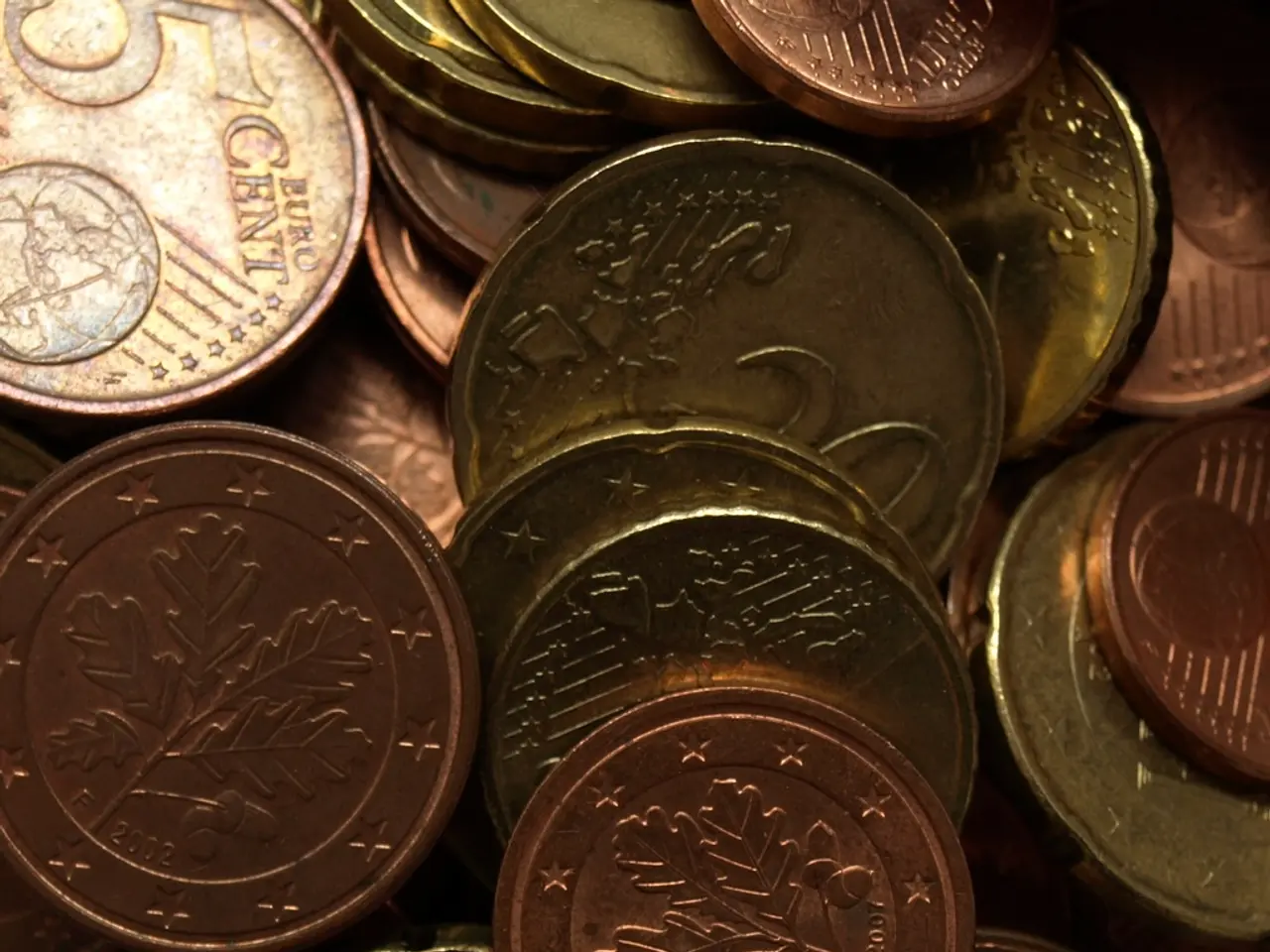Visa Expands Stablecoin Functionality, Announcing Integration with Avalanche and Stellar Networks
In a significant move for the digital currency landscape, Visa has expanded its stablecoin settlement infrastructure to include four major stablecoins - Circle's USD Coin (USDC), Global Dollar (USDG), PayPal USD (PYUSD), and Euro Coin (EURC) - across four blockchain networks: Ethereum, Solana, Stellar, and Avalanche.
The announcement, made in August 2025, follows Visa's support for USD Coin on Ethereum, announced in 2021, and comes weeks after the U.S. passed the GENIUS Act, marking the first comprehensive federal framework for the issuance and regulation of stablecoins in the U.S.
This multi-chain, multi-currency platform enables Visa to facilitate settlements in these stablecoins, allowing users to send and receive payments or convert balances to fiat currency, enhancing cross-border and on-chain transaction efficiency.
The integration of the Global Dollar and PayPal USD stablecoins comes through a partnership with Paxos, while EURC provides euro-backed stablecoin capability. The platform’s existing support includes USDC, with Ethereum and Solana as part of the originally supported blockchains before Stellar and Avalanche were added in 2025.
This expansion strengthens Visa’s role in stablecoin-based remittances and digital asset settlements by offering faster, transparent, and lower-cost global money movement. It also expands Visa’s revenue opportunities via settlement fees and partnerships with financial institutions and crypto-native companies, while meeting the treasury needs of a wider client base.
Visa's Global Head of Growth Products and Strategic Partnerships, Rubail Birwadker, stated that stablecoins can fundamentally transform how money moves around the world.
Notably, this move comes after Visa's partnership with Bridge, a unit of payment services provider Stripe, in April, to offer stablecoin-linked debit cards in Latin American countries.
In the wake of this announcement, banks, major companies, and even U.S. states are expressing interest in issuing stablecoins for accelerating payments using blockchain technology.
Stellar's native token, XLM, remains unchanged at $0.40 on the day, while AVAX, the token behind Avalanche, is trading for $22.59, down more than 2.4% on the day. NYSE-listed Visa's stock finished the day down by 1.5%, according to Google Finance data.
Initially, stablecoins were used primarily by traders to move funds without relying on traditional banks. However, with the increasing support from financial giants like Visa, they are poised to become a mainstream method of payment and settlement. The GENIUS Act, which outlines requirements for issuers, sets standards for reserves and audits, and establishes clear rules for how stablecoins can be used and traded across financial markets, further solidifies their role in the financial ecosystem.
- Visa's stablecoin settlement infrastructure now supports four major stablecoins across four blockchain networks, including Ethereum.
- The platform's existing support includes USDC, with Ethereum and Solana as part of the originally supported blockchains.
- Stablecoins can fundamentally transform how money moves around the world, according to Visa's Global Head of Growth Products and Strategic Partnerships.
- This expansion of Visa's platform enables faster, transparent, and lower-cost global money movement.
- The integration of the Global Dollar and PayPal USD stablecoins comes through a partnership with Paxos.
- The crypto ecosystem is showing increasing interest in stablecoins, following Visa's move.
- Notably, Visa's stock finished the day down by 1.5%, according to Google Finance data.
- The GENIUS Act outlines requirements for issuers, sets standards for reserves and audits, and establishes clear rules for how stablecoins can be used and traded across financial markets.
- Initially, stablecoins were used primarily by traders to move funds without relying on traditional banks, but they are now poised to become a mainstream method of payment and settlement.




